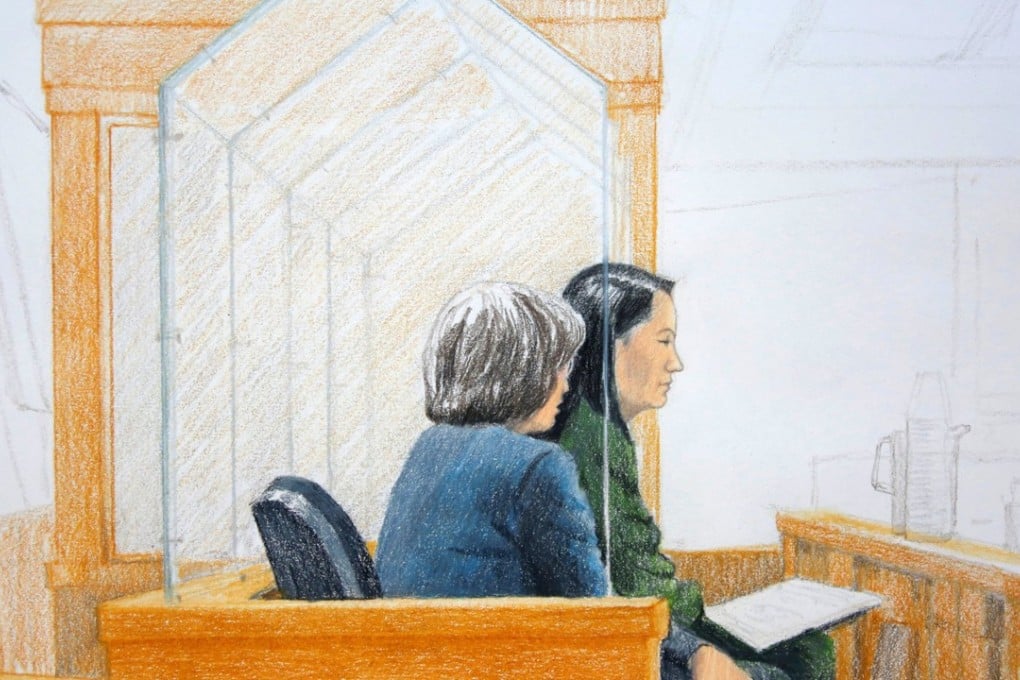Huawei CFO Sabrina Meng Wanzhou fraudulently represented company to skirt US and EU sanctions on Iran, court told in bail hearing
- Chinese telecoms giant used unofficial subsidiary to deal with Iran and Meng deliberately misrepresented the two companies as wholly separate, court heard
- She faces multiple charges, each with a sentence of up to 30 years in prison, so is a flight risk, a Canadian lawyer said. The hearing will continue on Monday

Sabrina Meng Wanzhou, the chief financial officer of Chinese telecommunications giant Huawei Technologies, fraudulently represented the company in order to get around US and EU sanctions on Iran, a packed courtroom in Vancouver, Canada, heard on Friday.
Meng, a daughter of Huawei founder Ren Zhengfei, was in the British Columbia Supreme Court for a bail hearing, as the US seeks her extradition on fraud charges. The hearing ended without a decision and will continue on Monday.
The US is seeking to extradite Meng in relation to Huawei’s alleged use of an unofficial subsidiary, Skycom, to skirt the sanctions, a lawyer representing the Canadian government said.
Meng was arrested at Vancouver International Airport on December 1 as she changed planes and has been detained ever since.
Meng entered courtroom 20 for her bail hearing dressed in a green tracksuit, smiling and laughing as she conferred with her Vancouver lawyer, David J Martin.